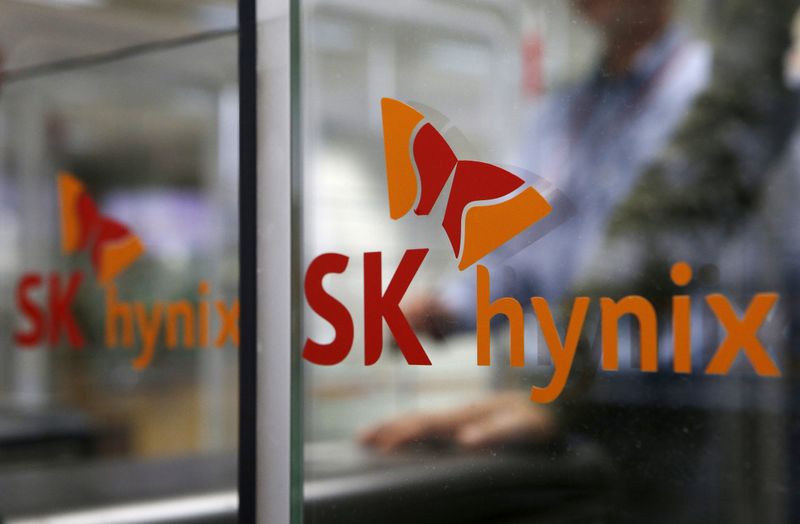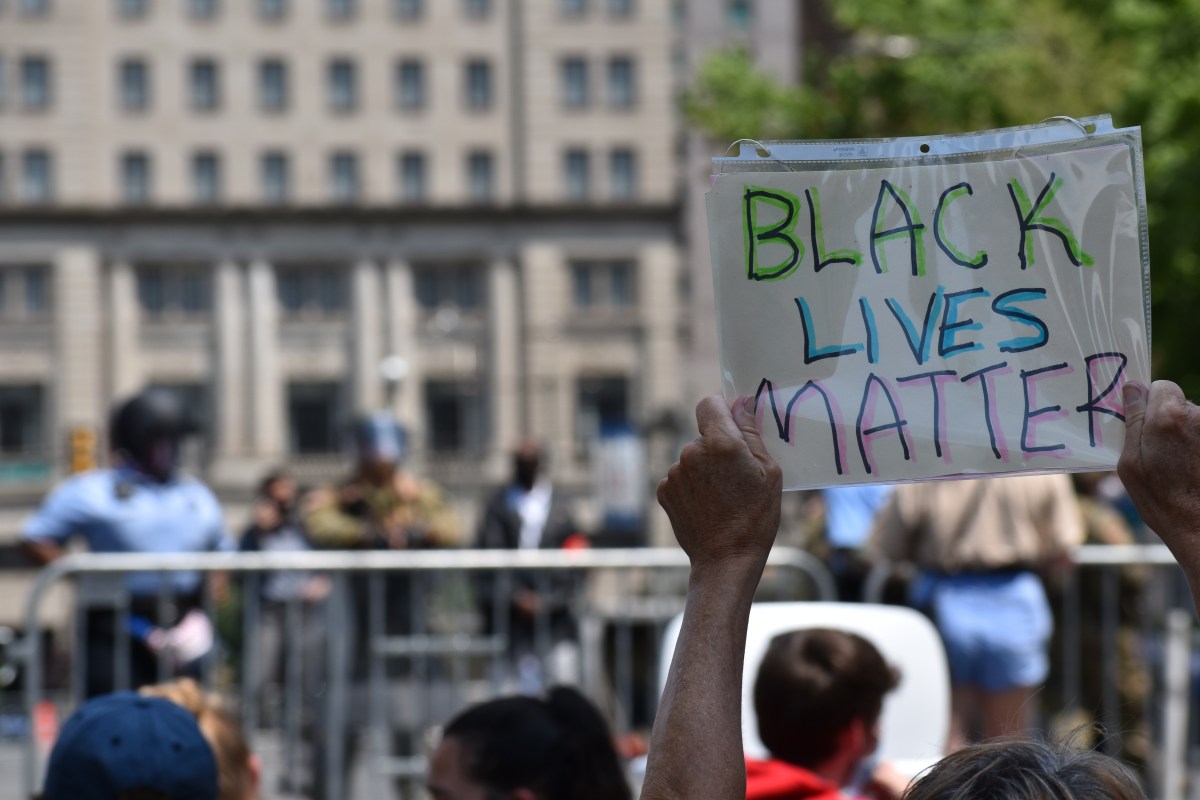SEOUL (Reuters) – Shares of South Korea’s SK Hynix <000660.KS>, the world’s No.2 memory chip maker and supplier to Huawei [HWT.UL], fell as much as 3.3% early on Monday after a U.S. move to curb semiconductor supplies to the Chinese company stoked fears about a demand hit.
The U.S. Commerce Department said on Friday that foreign companies that use U.S. chipmaking technology will be required to obtain a U.S. license before supplying certain chips to Huawei, a maker of smartphones and telecoms equipment.
The rules specifically target chips designed by Huawei and its affiliates, including chip-design unit HiSilicon and manufactured using U.S. technology.
Hynix, and cross-town rival Samsung Electronics <005930.KS>, the world’s biggest memory chip maker, use U.S. technology in their chipmaking, but design the semiconductors themselves, so won’t be directly impacted by the U.S. restrictions, analysts said.
But they said that an escalating U.S.-China trade war would hurt demand for mobile phones from the likes of Huawei and Apple Inc <AAPL.O> and for components used in the phones.
“For the longer term, this is not a good news, because this will lead to reduced demand from Huawei,” said Park Sung-soon, an analyst at Cape Investment & Securities.
Contract chip manufacturer and Huawei supplier Taiwan Semiconductor Manufacturing Co Ltd (TSMC) <2330.TW>, however, is expected to be impacted, analysts said.
Sales to Huawei account for around 14% of total sales of TSMC and SK Hynix and 1.4% for Samsung Electronics, according to a report by Lee Seung-woo, an analyst at Eugene Investment & Securities.
Samsung, which also competes with Huawei in the smartphone market, could benefit from Huawei’s struggle in its smartphone business, analysts said, which helped send Samsung shares up 1.6% on Monday. SK Hynix were trading down 1.2%, while the wider market <.KS11> was up 0.4% as of 0220 GMT.
U.S. chip-related stocks like semiconductor equipment maker Lam Research <LRCX.O> lost ground on Friday after the U.S. announcement.
(Reporting by Hyunjoo Jin and Heekyong Yang; Editing by Himani Sarkar and Muralikumar Anantharaman)





















